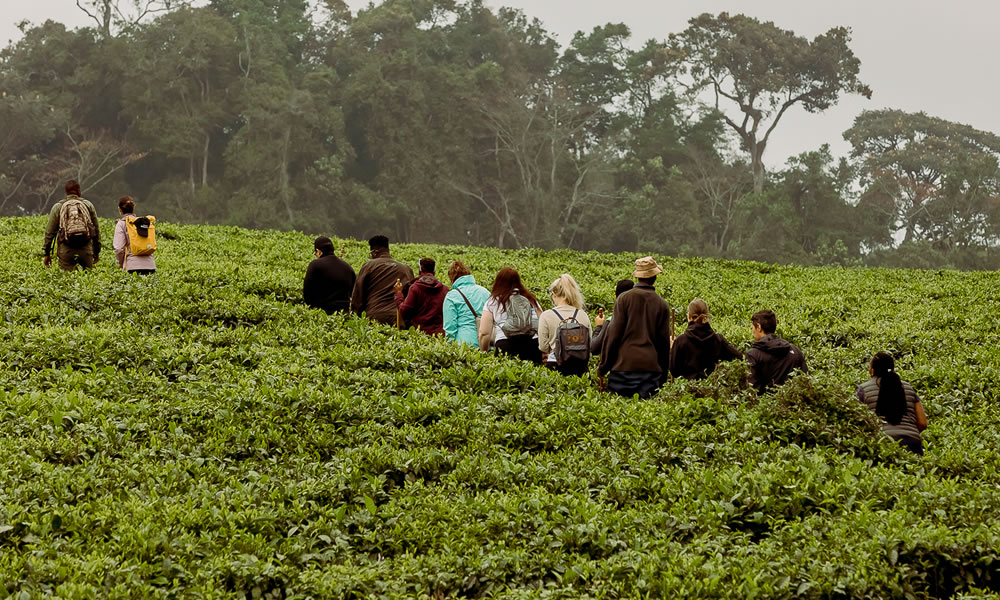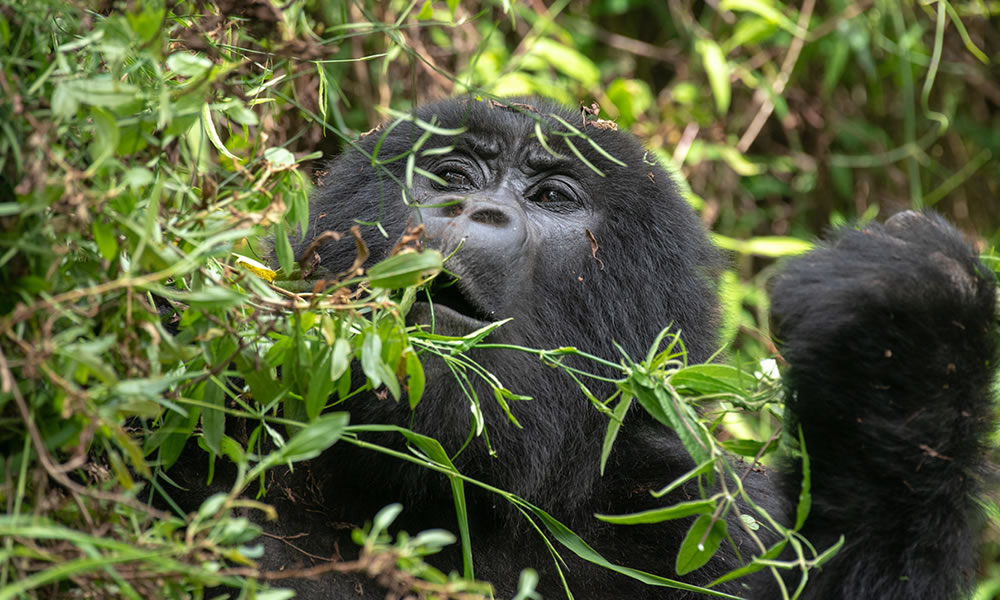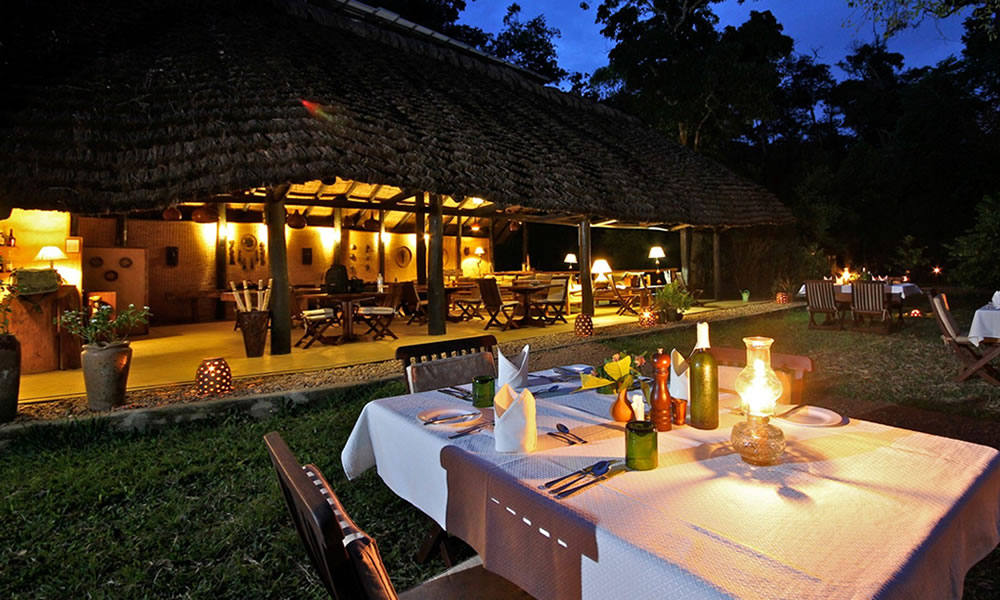Gisakura Tea Estate in Rwanda

Found in the rolling hills of Rwanda’s Western Province, the Gisakura Tea Estate stands as one of the country’s most celebrated tea plantations and a premier destination for agritourism. Hugging the undulating hills at the western fringes of Nyungwe Forest National Park, the Gisakura Tea Estate in Rwanda is among the most famous of Rwanda’s tea plantations, offering visitors an immersive experience into the world of premium tea production while showcasing the stunning natural beauty of Rwanda’s landscape.
Location and Setting
The Gisakura Tea Estate in Rwanda is strategically positioned near Nyungwe Forest National Park, one of Rwanda’s most important biodiversity hotspots. It is found in the northern edge of Nyungwe National Park with amazing fields and the fascinating pathways of the Gisovu tea estate and they are the sides of Nyungwe forest. This prime location provides the estate with ideal growing conditions, including the perfect altitude, climate, and soil composition necessary for producing high-quality tea.
The estate’s proximity to Nyungwe Forest creates a unique ecosystem where carefully manicured tea plantations meet pristine wilderness. The meticulous rows of tea present a sharp contrast which shows the wild forest greenery that is located behind them. This dramatic landscape makes Gisakura not just a working tea plantation, but also a spectacular tourist destination that epitomizes the natural beauty of rural Rwanda.
Rwanda’s Tea Production Heritage
To understand the significance of Gisakura Tea Estate, it’s essential to appreciate Rwanda’s remarkable journey in tea production. Tea production in Rwanda traces its roots back to the early 20th century, when German missionaries introduced tea plants to the country. However, commercial tea growing truly began in the 1950s, with tea growing in Rwanda started in 1952 from Nyamasheke district /Western Province and the first factory for tea manufacturing started in 1962 in Gicumbi district /Northern Province.
Since these humble beginnings, Rwanda has transformed into a major tea-producing nation in East Africa. Tea was first introduced to Rwanda in 1952 and is now one of the country’s most important exports. The country’s success in tea production can be attributed to its unique geographical advantages, including fertile volcanic soil, optimal rainfall patterns, and ideal temperature conditions that create perfect growing conditions for premium tea varieties.
Quality and Global Recognition
Rwandan tea, including that produced at Gisakura, has achieved international recognition for its exceptional quality. Rwanda tea has gained enormous global acceptability because of its quality; its strength, bright color, flavor, and consistency in manufacturing, have made it renowned all over the world as a superior beverage. This reputation is further validated by market performance, as At the Mombasa auction, Rwanda tea fetches the highest prices every week.
The estate’s commitment to quality is evident in its meticulous production processes. It’s amazing that only the top three leaves go into the tea, the rest is discarded, ensuring that only the finest tea leaves make it into the final product. This attention to detail, combined with traditional hand-picking methods, results in tea that meets the highest international standards.
Economic Impact and Export Performance
The tea industry, with estates like Gisakura at its heart, plays a crucial role in Rwanda’s economy. Tea generated USD 114.8 million from the export sales of 38,467.7 tons of made tea in the year 2023/2024. The sector is particularly important for employment, with tea forms a key sector in Rwanda as one of the country’s main export crops and largest employers, employing about 60,000 people.
Rwanda’s tea exports reach markets worldwide, with 97% of Rwandan tea is exported. The main export destinations include Pakistan, the United Kingdom, China, Germany, and the United States, demonstrating the global appeal of Rwandan tea quality.
Tourism and Visitor Experience
Gisakura Tea Estate has evolved beyond simple tea production to become a premier agritourism destination. The estate offers both day tours that allow visitors to experience every aspect of tea production, from cultivation to processing. These tours provide an educational journey through the tea-making process while offering breathtaking views of the surrounding landscape.
Visitors to Gisakura can expect a comprehensive experience that includes walking through the meticulously maintained tea gardens, learning about sustainable farming practices, and witnessing the intricate process of tea production. The estate’s location provides panoramic views of Rwanda’s famous thousand hills, creating perfect opportunities for photography and peaceful contemplation.
The tourism aspect of Gisakura aligns with Rwanda’s broader strategy to develop sustainable tourism that benefits local communities while preserving the environment. The estate serves as an excellent example of how agricultural operations can be integrated with tourism to create economic opportunities while maintaining production standards.
Sustainable Practices and Community Impact
Modern tea estates like Gisakura are increasingly focused on sustainable practices that benefit both the environment and local communities. About 65% of is supplied by tea farmers (smallholders) while the remaining 35% is supplied from Industrial Blocs, demonstrating how the industry supports both large-scale operations and small-scale farmers.
The estate’s commitment to sustainability extends to its production methods, environmental conservation efforts, and support for local communities. By providing employment opportunities and supporting smallholder farmers, Gisakura Tea Estate contributes to rural development and poverty reduction in the region.
Planning Your Visit
For tea enthusiasts and tourists interested in experiencing Rwanda’s tea culture, Gisakura Tea Estate offers an unforgettable experience. The estate provides various tour options, from brief visits to comprehensive day-long experiences that include tea tasting, cultural interactions, and guided walks through the plantation.
The best time to visit is during the dry seasons when the weather is favorable for outdoor activities and the tea plants are at their most vibrant. Visitors should plan to spend at least half a day to fully appreciate the estate’s offerings and the surrounding natural beauty.
Gisakura Tea Estate in Rwanda represents the perfect blend of agricultural excellence, tourism innovation, and natural beauty that defines modern Rwanda. As one of the country’s premier tea destinations, it offers visitors an authentic glimpse into Rwanda’s tea culture while contributing significantly to the national economy through both production and tourism.
The estate’s success story reflects Rwanda’s broader transformation and its ability to leverage natural advantages to create world-class products that compete globally. For anyone interested in understanding Rwanda’s agricultural heritage, experiencing its natural beauty, or simply enjoying some of the world’s finest tea, Gisakura Tea Estate provides an exceptional and memorable experience that captures the essence of Rwanda’s tea industry and its promising future.



